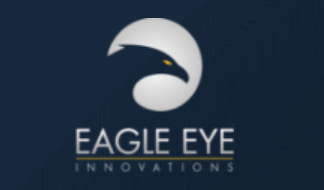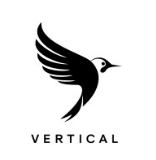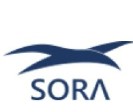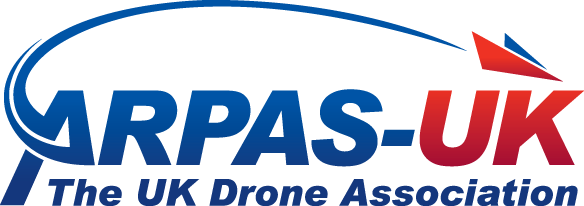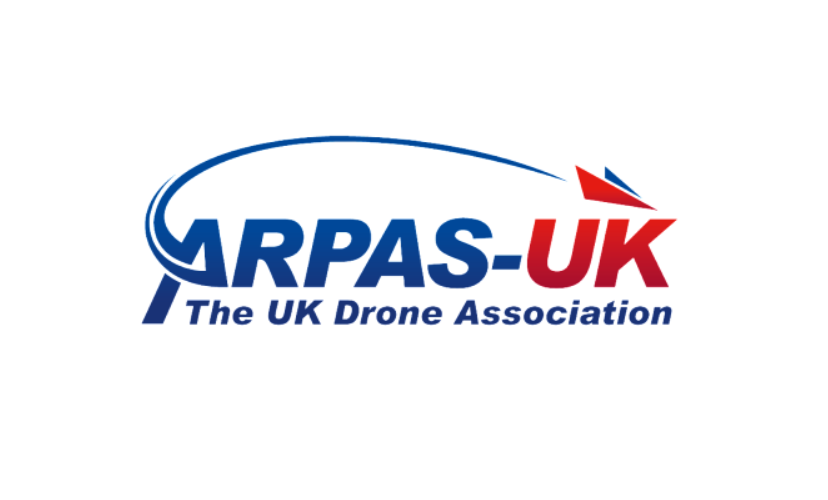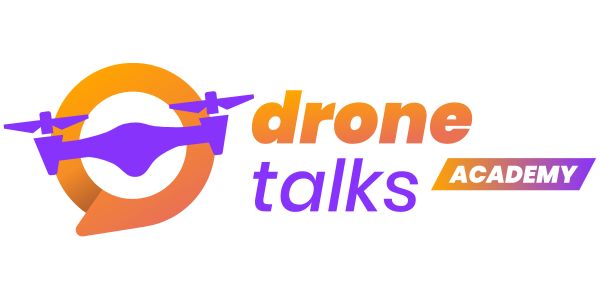First: ARPAS-UK, the UK’s leading drone industry body, calls for a revision of the narrative surrounding the 2018 Gatwick Airport incident. No credible evidence of malicious drone activity at Gatwick Airport was provided post-investigations. Yet, to this day, the Gatwick Drone incident and its sensational coverage has had far-reaching negative implications for the drone industry.
Second: ARPAS-UK advocates for the responsible use of drones, both recreationally and commercially, and recommends addressing the evidence-based issue of airspace infringements near airports through education and awareness.
The 2018 Gatwick event
Despite the widespread reports at the time, subsequent investigations and freedom of information requests have failed to produce any credible evidence supporting claims of sustained malicious drone activity. As we enter 2025, continuing to assert that Gatwick Airport suffered a three-day disruption in December 2018 due to such activity lacks credible backing.
The ramifications of this incident have been far-reaching and detrimental to the drone industry. The sensational coverage has contributed to a negative perception of drones, leading to stricter regulations both in the UK and internationally. This event has also tarnished the industry’s reputation, with the public associating drones with disruption and danger. Such misperceptions overshadow the potential of drones to drive economic, environmental, and social benefits. Some media however seem unable to help themselves and cannot resist talking about 2018.
Addressing the evidence-based issue of airspace infringements near airports through education and awareness.
We support reasonable and proportionate measures to prevent misuse near sensitive areas such as airports, prisons, and critical infrastructure. Violating these laws, particularly actions that endanger aircraft, can lead to severe consequences, including imprisonment for up to five years.
Since 2018, airports have significantly improved their preparedness for drone-related incidents, with many implementing detection systems and streamlined response procedures to manage drone activity effectively.
However, too many unauthorised drone flights detected in restricted zones continue to pose challenges. Many of these involve very small recreational drones which, despite their size, pose risks to other aircraft. What if an incident were to happen?
We believe that part of the problem is that new fliers are not aware of, or do not understand the regulations and laws that are relevant to flying drones. ARPAS-UK strongly advocates for education, communication, and simplifying the advice to reduce unauthorised flights. By equipping drone users with the knowledge of legal requirements, associated risks, and the consequences of non-compliance, we can foster a culture of safety and responsibility. ARPAS-UK contributes to National Police Chiefs’ Council (NPCC) committees to address these concerns, promoting initiatives that support safe and lawful drone operations while encouraging innovation and growth within the industry.
The safe adoption of drones drives GDP Growth, health and safety as well societal benefits.
Drones have proven their value across various sectors. They take on tasks that are challenging, hazardous, and labour-intensive, reducing risks for workers while enhancing efficiency and productivity. From delivering life-saving medical supplies and conducting environmental monitoring to enhancing public safety and enabling infrastructure inspections, drones are transformative. With their electric propulsion systems, drones also contribute to CO2 reduction efforts.
Conclusion
The drone industry offers immense opportunities for societal and economic advancement. It is essential to base incident narratives on verified facts, and to support the safe use of drones across the recreational and commercial communities. ARPAS-UK remains committed to supporting the responsible and safe use of drones into our daily lives, delivering the benefits of this transformative technology.
About ARPAS-UK
ARPAS-UK is a Non-Profit Trade Association founded in 2013. We serve as the Collective Voice Empowering the UK drone Industry. Our objective is to accelerate the safe and professional adoption of drones across all industries, unlocking transformative for the economy and wider society.
ARPAS-UK strives to work in the general public interest. We engage with a broad range of stakeholders with a fair and balanced approach, we foster a collaborative approach across the ecosystem. We advocate respect, inclusiveness and politeness in exchanges, and request professionalism within its membership through compliance with an agreed Code of Conduct.
